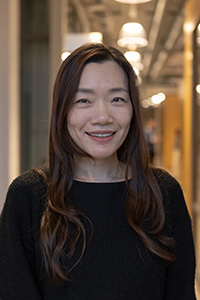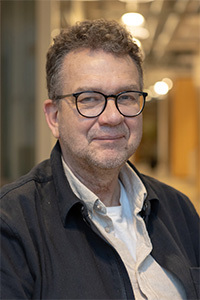HOPE
Start date: 2023-09-01
End date: 2026-09-30
World Health Organization (WHO) statistics show that global rehabilitation needs continue to be unmet due to multiple factors. A central one is associated with low efficiency caused by low adherence to treatment, particularly adherence to home-based training. Low adherence is mainly associated with uncomfortable or painful exercise, treatment complexity, lack of access, forgetfulness and demotivation.
We strongly believe that smart textiles, the prime focus of this proposal, is on the “tipping point” to provide a significant contribution to improve adherence to various rehabilitation settings; textile-based electrodes can contribute usability qualities and facilitate the user/patient to “just put on” a sensorized garment and press the start button on a smartphone or tablet “app”.
Results from our previous projects, supported by The Knowledge Foundation, shows that with the textile electrode and biofeedback system, home-based Phantom Limb Pain (PLP) treatment is achievable. However, there are still parts of the concept reported by the study participants that need further research. Therefore, in coproduction with the same industrial partners, i.e. Bola AB, Integrum AB and Daralabs AB, project HOPE, will investigate how patients/users can improve their neuromuscular status by using the developed innovative smart textile-based rehabilitation concepts in their home environment. The project consists of both the technology development focus on improving the functionality and usability of the smart textile-based products, and technology implementation.
This will be conducted in three case studies
- PLP treatment at home in a double-arm comparison study
- Post-stroke rehab for chronic patients at the out-patient stage (not necessary at home)
- muscle training before the eOPRA surgery at the in-patient and/or out-patient stage.
Our ultimate goal is to develop a smart textile platform that can provide solutions to various neuromuscular treatment concepts based on the recording of electrophysiological signals from muscles (EMG), the heart (ECG) and the brain (EEG), enabling home-based, personalized and self-administered rehabilitation at different rehabilitation stages.
Project Leader
Li Guo
Associate Professor
Senior Lecturer
033-435 4522



